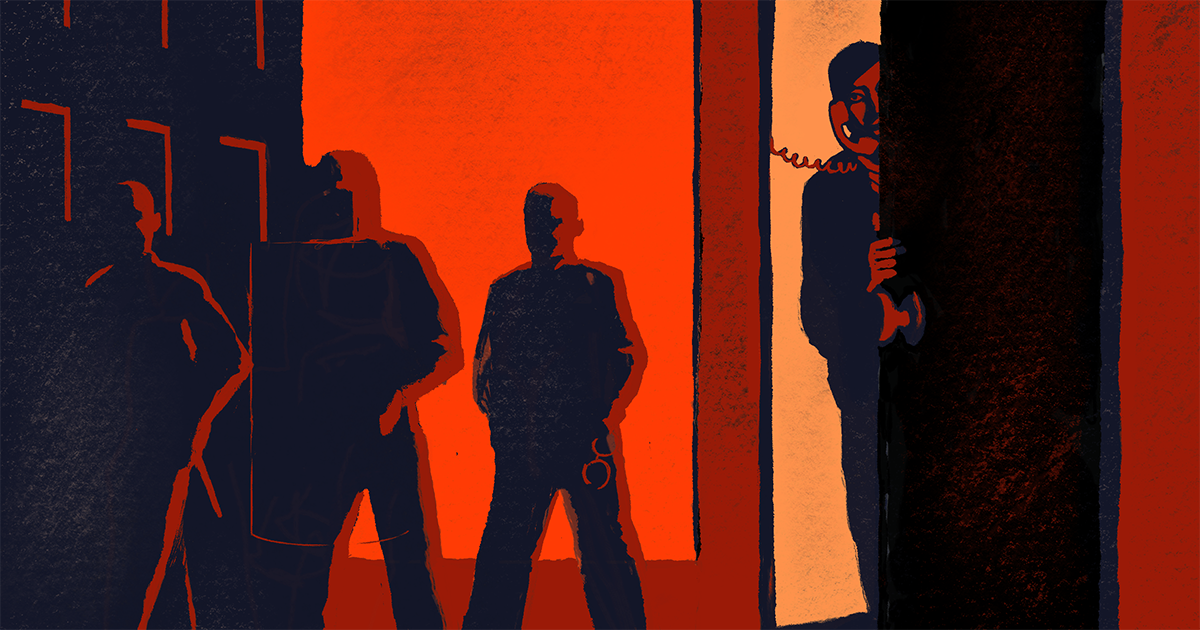Falling Leaves
How do we know when democracy is gone?

Democratic ideals set high standards that no polity really meets. But that does not make democracy meaningless. A society may fail to make good on its values, even as those values shape its collective work. Really existing democracy is full of hypocrisy, and those of us in the democratic socialist tradition believe that significant economic changes are needed to realize its deepest potential. But democracy of any kind requires a commitment to working for equality, inclusion, collective decision-making, and open debate. In autocratic societies where these features are truly absent, there are always people who struggle for more democracy. “Democracy may not exist,” Astra Taylor titled her 2019 book, “but we’ll miss it when it’s gone.”
How do we know when it has gone? It’s a difficult question to answer. Summer changes to fall not in a moment on a calendar, but one leaf at a time. In recent years, democracies have been lost in similar fashion: not all at once, but in a slow falling away. This erosion is happening now in the United States.
Donald Trump and his subordinates demonstrate daily that their authoritarian desire for control extends across society’s institutions. The press and universities are being brought to heel by threats, lawsuits, and their billionaire backers. Government employees are losing their jobs for doing their jobs, or for no reason at all. Areas of inquiry are being shut down. While Gaza starves, criticism of Israel is dangerous. Civil and political liberties are blinking out. Women have lost rights; trans people are told that they should not exist. The government has institutionalized disappearance and torture by masked agents of the state and gleefully celebrated these actions in ethno-nationalist terms. Even naturalized citizens have been put on notice that their rights are provisional. The military is ordered to assume law enforcement functions. Trump muses about an unconstitutional third term, and the Republican Party is planning moves, like the gerrymander in Texas, that will make it harder to call upcoming elections free and fair.
How many leaves have already fallen? A few decades ago, when the study of transitions to democracy rather than away from it occupied the attention of political scientists, one would occasionally encounter an apparent paradox. Consider Mexico’s slow exit from a complicated single-party autocracy under the Partido Revolucionario Institucional. The PRI lost control of Congress for the first time in almost seventy years in 1997. But no one was certain if the country met the standard to be called a democracy until the PRI also accepted its loss in the presidential elections of 2000. Only at that point did it seem reasonable to say that Mexico probably was a democracy in 1997 too. That process is now playing out in reverse around the globe. Core components of democracy are being lost, but people often don’t know what kind of system they are in at any given moment. That suspension between states may only be revealed by future events.
The special section in this issue of Dissent is devoted to the subject of authoritarianism and resistance. Drawing from examples from around the world, several pieces look at the relationship between democratic hopes and autocratic realities. Andre Pagliarini examines the career of Lula, who has fought for democracy in Brazil for nearly a half-century. Yangyang Cheng writes bracingly about lost hopes for greater freedoms in China, and the way that the United States, which once seemed like a refuge, has begun to feel all too familiar.
Particularly since the reelection of Trump, many on the left have celebrated Morena in Mexico as a government enjoying such strong support that it seems to have blocked the ascension of the right. Most of Dissent’s recent coverage has been more skeptical, praising some aspects of Morena’s program while expressing concern about the return of single-party domination. For this issue, we solicited an exchange between two analysts, Humberto Beck and Viri Ríos, with different views about how to understand the Mexican model.
Through a careful analysis of Turkey, Aslı Iğsız warns that the slide into authoritarianism is the work of both the autocrat and parts of his opposition. Julia Gavarrete reports on El Salvador, the first subcontractor in Trump’s global detention archipelago. It is an example of a very popular authoritarianism, with approval ratings over 80 percent—but also one in which critics of the regime increasingly have to choose exile.
Turning back to the United States, K. Sabeel Rahman offers a sweeping vision of the democratic reconstruction we will need after Trump. Finally, in my conversation with legendary political scientist Adam Przeworski, he places the uncertain present in the context of his life and career.
Authoritarian systems can look durable and prove brittle. Whatever is happening will, someday, come to an end. As Zohran Mamdani’s primary victory shows in New York City, there are still forms of political possibility to be discovered. “To restore democracy, it needs to be reformed,” writes Przeworski. It is up to us.
Patrick Iber is co-editor of Dissent.

